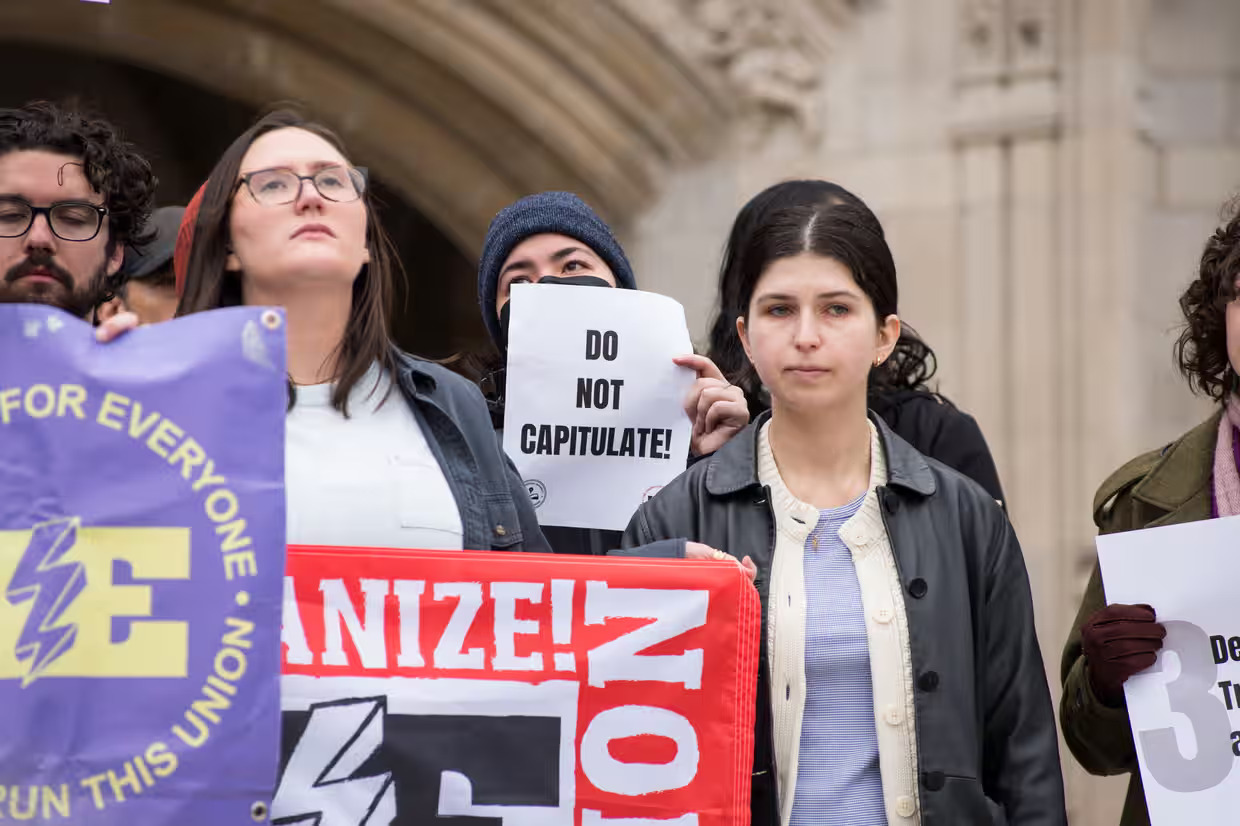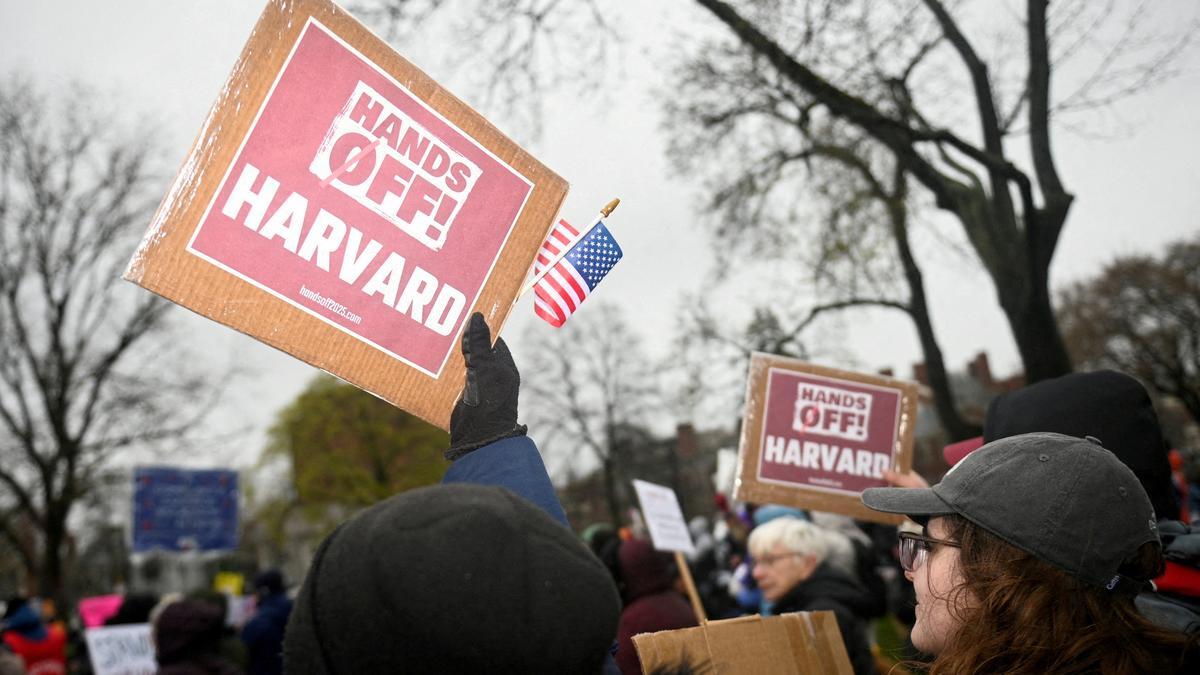In a previous op-ed, the authors criticized the Trump administration’s attempts to exert control over universities and urged academia to unite and resist such efforts. They noted, however, that university administrators often exhibit a “temperamental caution” that makes it difficult for them to respond boldly to government overreach. Despite this hesitation, there was hope that persistent political attacks might eventually catalyze a collective response from higher education institutions.
Over 230 University Leaders Unite to Defend Academic Freedom and Resist Political Interference
That collective response has now begun to materialize. More than 230 college and university leaders have signed a statement from the American Association of Colleges and Universities, signaling resistance to government interference.
The document, while mild in tone, marks a rare instance of solidarity across a typically fragmented academic landscape. Even institutions like Columbia University, previously criticized for yielding to federal pressure, have endorsed the statement, suggesting a slow shift toward unified action.

Although the statement is padded with bureaucratic jargon about the workforce and educational missions, it includes a clear condemnation of political interference. It defends academic freedom in hiring, admissions, and teaching, and stresses the importance of open dialogue across differing viewpoints. These are essential principles that the signatories assert must be protected from government overreach, censorship, or punitive funding cuts.
Seeking Dialogue Amid Threats, But Action Will Define Higher Education’s True Resolve
Despite the unified message, the institutions stop short of outlining specific plans for confronting tangible threats like funding cuts, loss of nonprofit status, and threats to student freedoms. Instead, they express a desire for “constructive engagement” with the administration—an approach that, while diplomatic, may underestimate the hostility of their adversaries. This reflects a cautious optimism that genuine dialogue is still possible, even in the face of open antagonism from high-ranking officials.
While the statement is a symbolic first step, it raises the question of whether these institutions will move from words to action. The real test will be whether they can maintain a united front and take decisive steps as the Trump administration’s pressure continues. Statements of principle are valuable, but only meaningful if they lead to coordinated, concrete resistance in defense of academic independence and democratic values.




